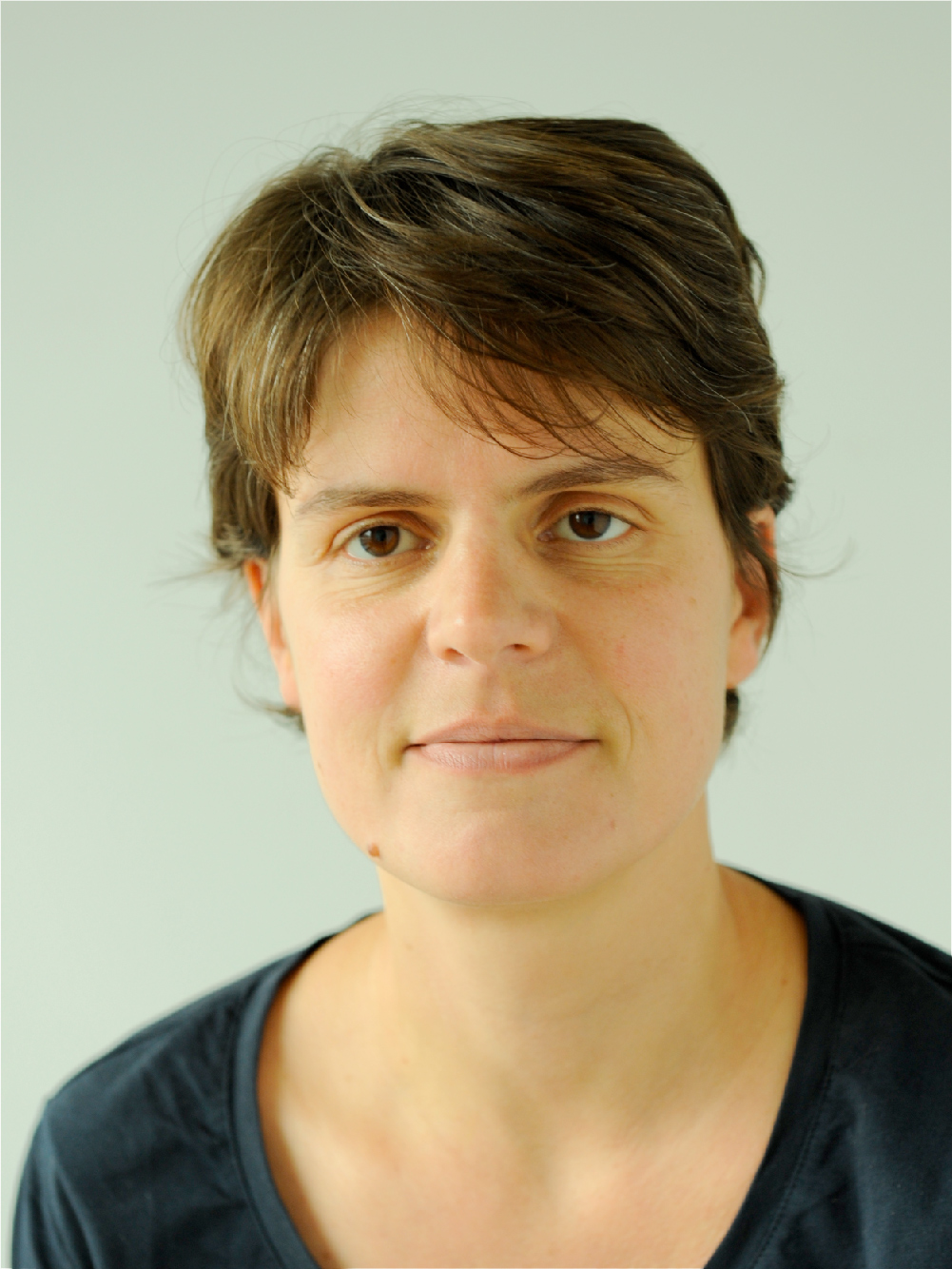
EPFL’s Center of PhenoGenomics offers a range of services to researchers who need rodent models in their research.
Newcomers
To get access to the CPG areas, a training is required and is divided into two parts:
- Information session;
- Practical training at the requested unit(s). This second part should be performed within a week from the information session.
Please fill in the registration form and send your CV and Module 1 certificate (or equivalent) to [email protected].
More info on how to get started at the CPG are available here.
2025 Calendar
2024 Calendar
Services
The experimentation facilities provide a range of state-of-the-art equipment to enable cardio-metabolic, biochemical and behavioural exploration of animal models. We offer different types of support to the users, going from general support and training in protocols establishment to full service completion of tests and analysis.
Taking advantage of our expertise in embryo manipulation we propose the rederivation of mouse transgenic lines as a routine service. This procedure based on embryo transfer allows cleaning and importing of a wide range of mouse lines.
We do also sperm cryopreservation of transgenic lines and we perform in vitro fertilisation allowing reliable and efficient method for archiving, distributing of genetically engineered mouse lines and rapidly expanding colony upon need.
As a CPG team of professional animal caretakers, we provide our expertise and advice to EPFL platforms and researchers, in order to ensure the maintenance of genetically modified mouse lines and the production of experimental animals adapted to their projects. Our experience and rigour enable us to guarantee the animal welfare.
Legal requirements
The use of animals for research purpose is strictly regulated by:
- The Animal Welfare Act (AWA, RS455);
- The Animal Welfare Ordinance (AWO, RS455.1);
- The Animal Experimentation Ordinance (AExO, RS455.163).
Legal cornerstones of the Animal Welfare Act:
- Experiments with animals must be limited to the indispensable extent and ethically justified (AWA, Art.17)
- Persons carrying out experiments must obtain a license from the Cantonal Veterinary Authorities, which will be limited in time and may contain conditions and requirements (AWA, Art.18)
Follow the link for license procedures.
Authorities
The Application of the animal protection laws is controlled by:
The Swiss law defines the education the study directors (persons who supervises the experiments) and experimenters (persons who conduct the experiments) need to follow to be accredited before being allowed to work with animals in Switzerland.
In Switzerland, each animal experiment must be approved by the Veterinary Authorities. In collaboration with the EPFL Animal Welfare Unit, the study director (in general the PI of the group) describes the intended experiments in a specific form (Form A).
Day-to-day tools
PyRAT (Python-based Relational Animal Tracking) is a web-based animal colony management software.
PyRAT helps you to manage your colonies:
- Easy tracking of the numbers of animals per strain;
- Overview of the ongoing breedings and upcoming weanings;
- Efficient request system for BF animals.
PyRAT helps you to fulfill the legal issues:
- Form B and amendments of your lab, dates of validity number of animals, etc. available;
- Registration and follow-up of your experimental animals (license number, retrospective degree of severity, sacrifice date and reason);
- Annual C reporting becomes easy.
Login:
 |
All equipment and materials MUST be brought to sanitized 48 hours in advance. |



Exceptions: live samples, dry ice and liquid nitrogen
Please visit the PPMS for the Center of PhenoGenomics:
Scientists who perform an organ collection can “offer” other organs to EPFL researchers. Other researchers are informed via a mailing list or this website and can recover a fresh cadaver for extraction of their organ(s) of interest.
Additionally, we also try to reallocate surplus animals when possible. If you have surplus animals (preferably young, wild-type animals) that you will not use, please inform us and we will offer them to scientists who could take them under their own experimental license.
Animal health
How to get your drugs/treatments?
- Send the list of what you need at least 48h in advance to: [email protected]
- We will deliver the drugs in SV1541 every working day from 09:00 to 10:00.
- For drugs/treatments other than anaesthetics or analgesics, if you need them in the animal facility, we can transfer them directly to the desired location. You will need to specify this step in the e-mail.
CaseTracker
Animal health monitoring is carried out every day by the animal caretakers to ensure that mice are alright.
If an anomaly occurs, a case is created in an internal database to communicate the problem to the veterinarians. They evaluate the condition of the animal and make a diagnosis before warning the researcher and propose the best medical care.
When the decision is taken, the animal caretakers are responsible for the implementation of the treatment and monitor of the case.
It appears that some of the treatments given would not to our knowledge interfere with the experimental procedures and could therefore be initiated right after identification of signs of sickness of the animal. So please note that, except in particular cases, some treatments will be initiated right after identification. This would concern the treatments with the following products:
- Bepanthen in all forms;
- Cicalfate in all forms;
- Betadine in all forms;
- Vita-Pos and Viscotears.
Except in the animal husbandry breeding, researchers are responsible for the euthanasia of their animals.
Please request the latest reports at [email protected].
Animal imports and exports
Ordering from commercial suppliers
Orders for animals from suppliers are centralized for the entire EPFL campus by sending the CPG animal order form to [email protected].
Suppliers:
- Janvier, Envigo, Charles River : weekly ordering;
- JAX, Taconic: on demand.
All animal importation MUST be submitted and validated by the veterinary services ([email protected]):
- Evaluation of the sanitary status of the original facility (sanitary status of the last 18 months)
- Transport organisation
Please to fill-in the EPFL incoming animal form and the GM data sheet for transgenic lines.
If the sanitary status of the original animal facility is compatible with our facilities, the animals can be imported. They are housed for 10-14 days in a quarantine area for additional testing.
- If their microbiological status is acceptable, they are transferred to their final destination area.
- If not, other solutions are considered (e.g. treatment or rederivation).
It should be noted that animals can enter the breeding facility ONLY IF :
- They come from commercial suppliers previously validated by the veterinarian;
- A rederivation is made on arrival
The rederivation request form is needed if the sanitary status is incompatible.
All external animal exports MUST be submitted and validated by the veterinary services ([email protected]):
- Sanitary status evaluation
- Transport organisation
Please to fill-in the EPFL exporting animal form and the GM data sheet for transgenic lines.
A PyRAT request must be made to indicate the animals to be transferred (at least 48h in advance). The cages must be identified by the researcher (except for the breeding facility).
EPFL to/from UNIL transfers can be organized every week, on Tuesdays.
The request must be sent to [email protected] before Wednesday 12:00 by sendind the form for animal transfers in lausanne and the GM data sheet for transgenic lines.
For animal exports, a PyRAT request must be made to indicate the animals to be transferred (at least 48h in advance). The cages must be identified by the researcher (except for the breeding facility).
A PyRAT request must be made to indicate the animals to be transferred (at least 48h in advance). The cages must be identified by the researcher (except for the breeding facility).
If you share a transgenic line with an other lab, thanks to transfer the corresponding GM data sheet.



